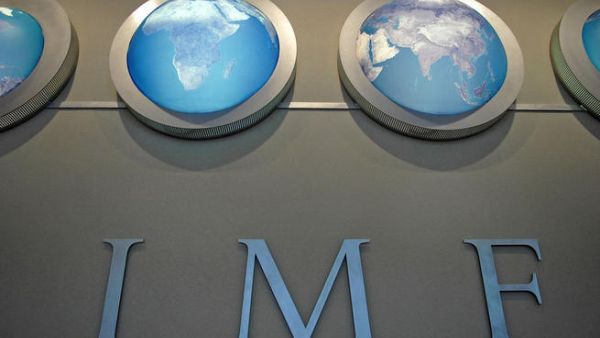“The IMF stands ready to help Tunisia with policy advice, technical assistance and, if appropriate, financing. The IMF will continue to remain closely engaged with the Tunisian authorities in providing policy advice and supporting the authorities’ reform projects through technical assistance,” said International Monetary Fund (IMF) First Deputy Managing Director David Lipton.
Speaking in Tunis after meetings with President Moncef Marzouki, Head of Government Hamadi Jebali, President of the Constituent Assembly Mustapha Ben Jaafar, Central Bank Governor Chedly Ayari and other officials, he said, “I have come to listen and learned a great deal about the government’s plans to strengthen confidence in the Tunisian economy and put it on a sustainable path of job-creating and inclusive growth. I also held discussions with business sector representatives and learned about the challenges facing the private sector at a time where the global economy is weak and domestic challenges prevail.
“This visit was also an opportunity to exchange views with Tunisian participants during a conference on Economic Perspectives in Tunisia, co-hosted by the Central Bank of Tunisia and the IMF.
“After my discussions, I am now more convinced than ever that Transition countries in the Middle East and North Africa (MENA), such as Tunisia, need to engage with the international community, regional partners, and private investors, if they are to seize a historic opportunity to achieve dynamic growth and create jobs.
“Deeper trade integration, better functioning labor markets, education better geared towards private sector needs, and a fair business environment to encourage investment will all be needed to promote job creation and help fight high rates of unemployment. An effective social safety net that protects those most in need must complement a strong private sector that creates jobs.
“The IMF and its policy advice is adapting to the evolving global situation, including developments across the MENA region. The IMF has been engaged with Arab Countries in Transition in advising on how to manage shocks to maintain economic stability, ensure that vulnerable households are protected during the transition, and lay the basis for job-creating growth. Many problems in the Arab Countries in Transition do not have readymade solutions; work with many partners is necessary to address them.”
The International Monetary Fund has said that it is ready to offer advice and assistance to the North African country that is still beset by economic woes after the revolution that removed President Ben Ali from power.








